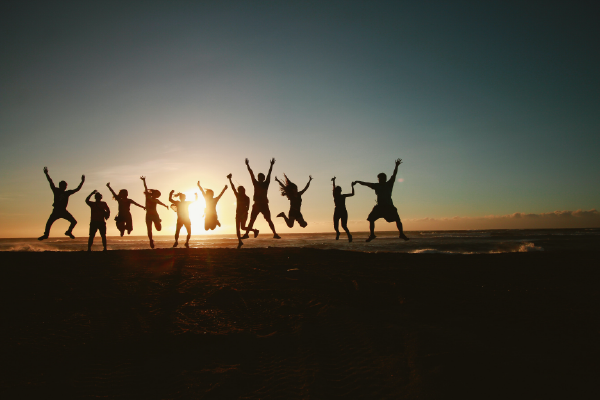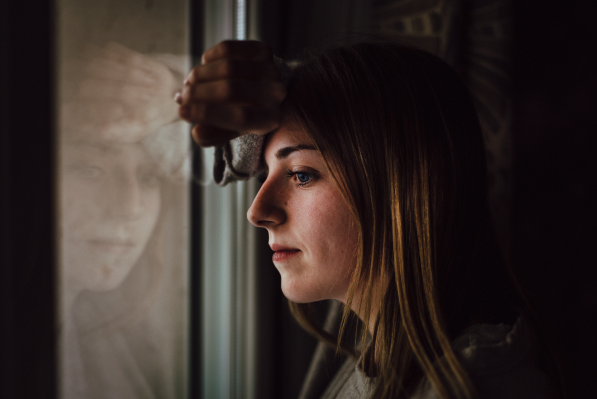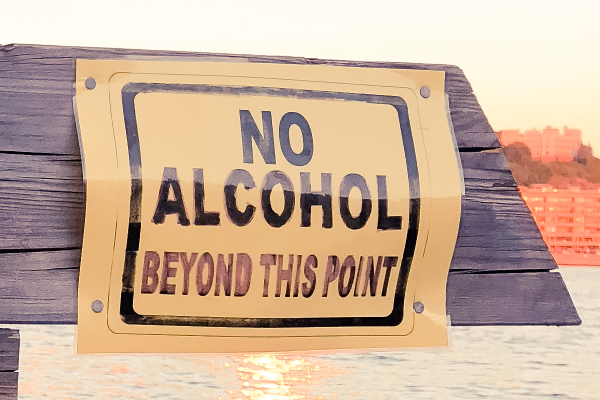Speakers at a recent program from the Massachusetts Bar Association shared insight about how we need both individual and community action to fight systemic racism and stigma, two significant barriers to well-being.
Insight about taking care of our mental health as individuals and as a community was shared by panelists for a program on Managing Stress and Anxiety in the MBA’s Resilient Lawyer Series, hosted by Jason E. Armiger, chair of the MBA Young Lawyers Division. The panel included Gavin Alexander, a former senior associate at Ropes and Gray and current fellow on the Supreme Judicial Court Standing Committee on Lawyer Well-Being, April English, a 17-year veteran of the Massachusetts Attorney General’s Office, Laurie Besden, executive director of LCL Pennsylvania, and Dr. Tracey Meyers, a staff clinician at LCL MA. A great recap written by the program host is available here.
As much as we can make efforts to improve our individual mental health, individual efforts alone aren’t enough to overcome to stigma and systemic racism. As panelists shared insight from personal experience battling both stigma and systemic racism in the legal profession, a common theme that emerged alongside the advice to prioritize our mental health as individuals was the need to dismantle stigma and systemic racism as a community. The problem of stigma as a barrier to help-seeking has been a common discussion over the years, and we’ve just begun to focus as a society on how negatively systemic racism impacts mental health.
One of the most powerful things we can do for our well-being is not simply to seek help but to GET help — which means help needs to be available in the community. In Massachusetts, lawyers, law students, judges and other legal professionals can meet with a licensed clinician for free and confidentially to discuss any concerns — find more on scheduling here. In their struggles with depression and addiction, respectively, Gavin shared how critical support from his employer was, and Laurie shared how she received key support from a peer volunteer with the local lawyer assistance program. In her exhaustion from racism, April discussed how important social support from her community continues to be.
One of the most powerful things we can do for others’ well-being is to speak out. Especially those of us who benefit from white privilege need to accept the risk that speaking out may require. (To respond to incidents of racial injustice, the Massachusetts Trial Court recently created a new hotline and email address for anyone to use if they believe they or someone they know has been treated in a manner that is disrespectful, hostile, or harassing in the Massachusetts’ courts.) And sharing our individual stories normalizes getting help, both with stigma and racism. We need to continue to work as individuals and as leaders in the legal profession to eliminate both stigma and systemic racism.
Watch the Program On Demand (Free)
A full recording of the program is available for free here. (If you don’t have one already, you’ll need to create a free account on the MBA website.) The panel was presented on December 8, 2020 in collaboration with LCL | Mass LOMAP, the Massachusetts Supreme Judicial Court Standing Committee on Lawyer Well-Being, MBA’s Diversity, Equity, and Inclusion Committee, and the MBA’s Attorney Well-Being Committee. Sponsoring sections included the Solo/Small Firm Law Practice Management Section, Health Law Section, and Young Lawyers Division.
Related Resources:
Confronting Racism in Massachusetts Courts: New Trial Court Hotline & Community Conversations
New Report Shows What Systemic Bias Looks Like in the Massachusetts Legal Profession
How to Be an Effective Antiracism Ally in the Legal Profession: Resources & BBA Program Notes
Left Out and Left Behind: ABA Report Shows Hurdles Women of Color Face in the Legal Profession
Hard Times: Balancing Positive Psychology & Disaster Psychology in the Legal Profession
Addiction: A Community Issue (LinkedIn Learning)
Free & Confidential Consultations:
Lawyers, law students, and judges in Massachusetts can discuss concerns with a licensed therapist, law practice advisor, or both. Find more on scheduling here.




